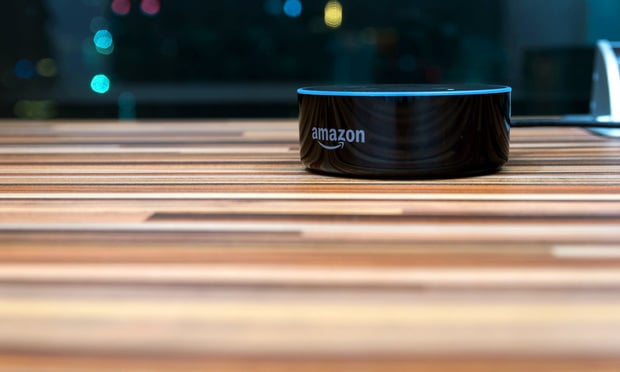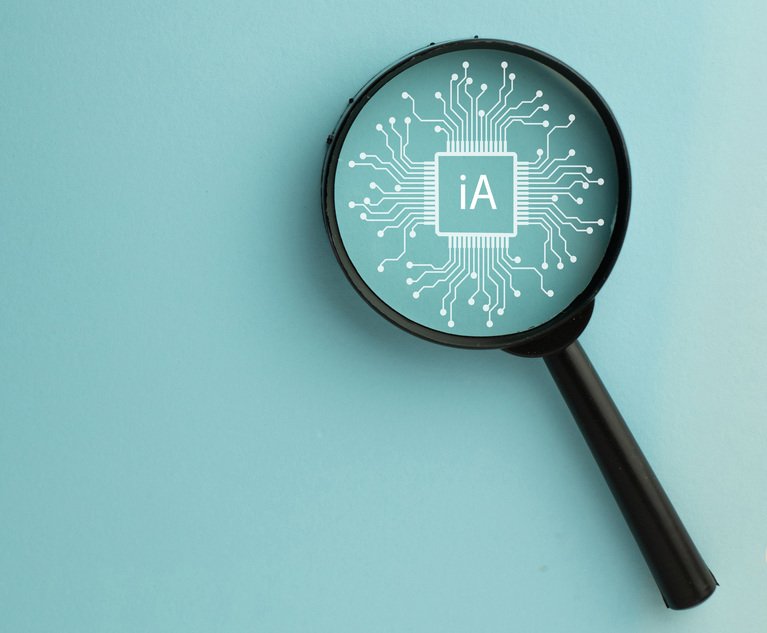 Witnesses come in all shapes and sizes. Some are truth-tellers, some not, some have good memories, and others bad, many have known personal motivations and others secret agendas. Throughout American history, witnesses have shared little other than a single characteristic: They have been human. That fact, assumed and relied upon, is changing.
Witnesses come in all shapes and sizes. Some are truth-tellers, some not, some have good memories, and others bad, many have known personal motivations and others secret agendas. Throughout American history, witnesses have shared little other than a single characteristic: They have been human. That fact, assumed and relied upon, is changing.
Today, artificial intelligence is actually able to provide much of the same evidence that human witnesses can, with a higher degree of accuracy, unerring memory and an absence of personal motivation. These characteristics are only potential, of course. At least today, humans are behind the design of intelligent machines, determining inputs into and the weighting of algorithms that power a variety of functionalities, designing layers of neural networks, and determining goals and objectives. Human innovators of artificial intelligence have human biases—and human limitations. They have personal motivations that inform how they approach their work, the questions they ask and the issues they seek to address.
This content has been archived. It is available through our partners, LexisNexis® and Bloomberg Law.
To view this content, please continue to their sites.
Not a Lexis Subscriber?
Subscribe Now
Not a Bloomberg Law Subscriber?
Subscribe Now
LexisNexis® and Bloomberg Law are third party online distributors of the broad collection of current and archived versions of ALM's legal news publications. LexisNexis® and Bloomberg Law customers are able to access and use ALM's content, including content from the National Law Journal, The American Lawyer, Legaltech News, The New York Law Journal, and Corporate Counsel, as well as other sources of legal information.
For questions call 1-877-256-2472 or contact us at [email protected]






